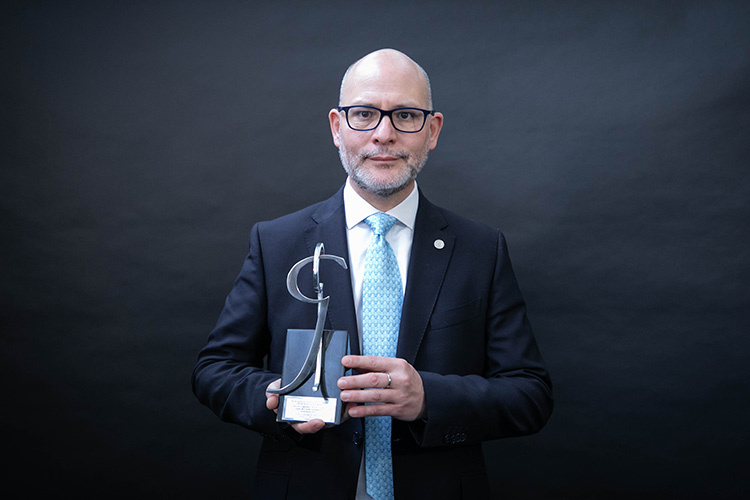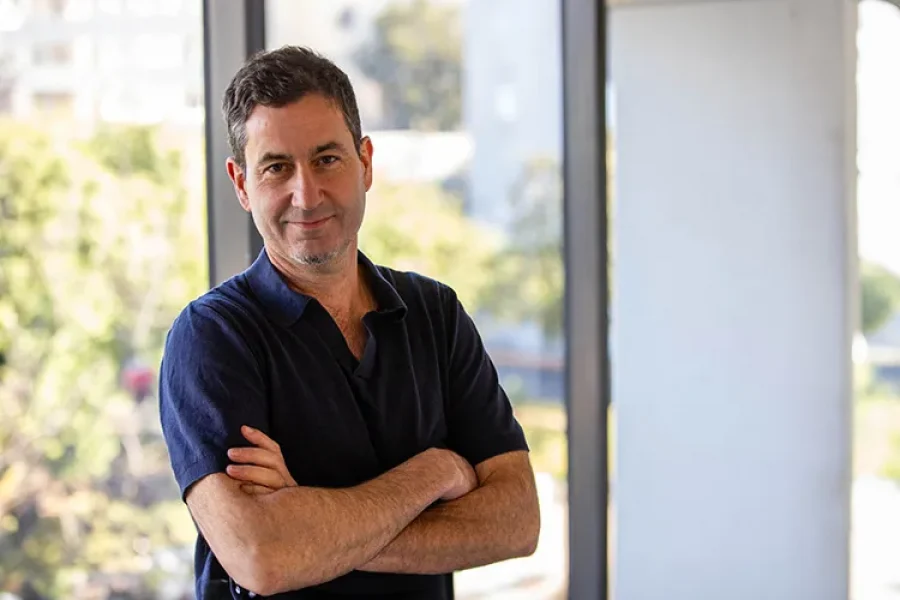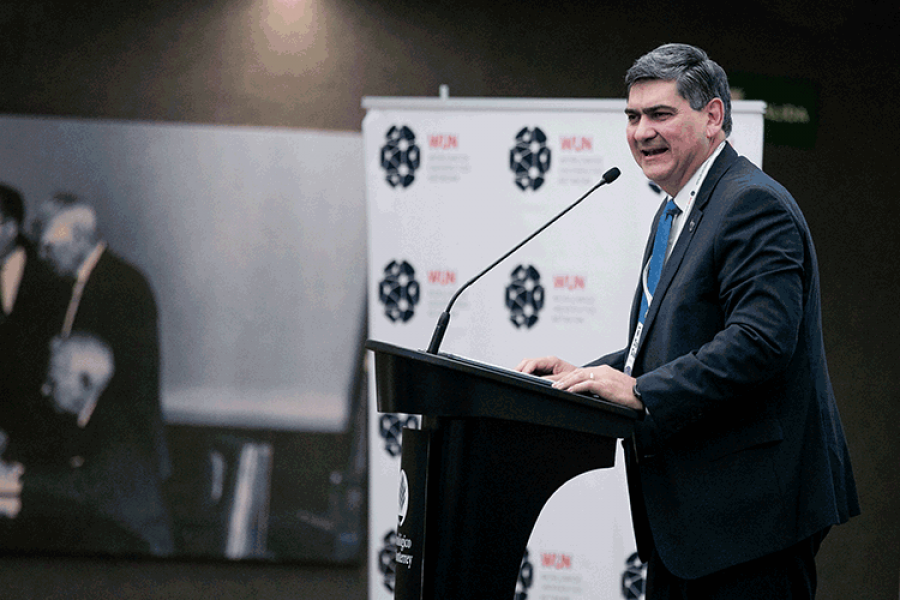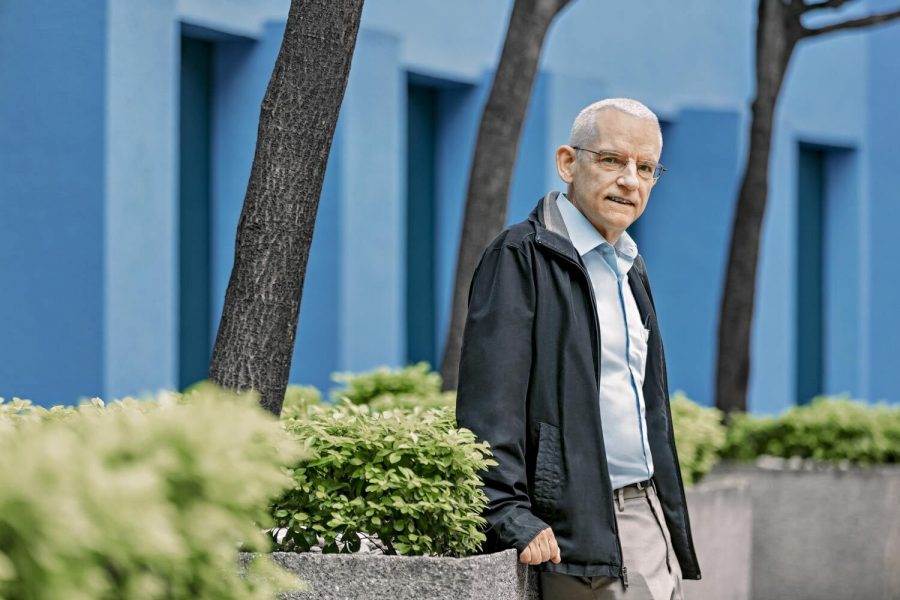José Amorós, winner of the 2023 Rómulo Garza Award, gathered data from over 15,000 individuals spanning the period from 2013 to 2017 across Latin American countries for a study that concluded governmental fragility in the region influences the creation of necessity-driven entrepreneurs.
In the study Necessity or Opportunity? The Effects of State Fragility and Economic Development on Entrepreneurial Efforts, Amorós and his team elucidated how when a state is deemed fragile, it fails to adequately fulfill its roles, particularly in ensuring basic rights of citizens such as health, education, and housing, and how that reverberates within the entrepreneurial system.
The Associate Dean of faculty at EGADE Business School also highlights the need for public policy measures to enhace entrepreneurial activity among citizens over 50 years of age, particularly regarding the implementation of programs that facilitate these opportunities along with the involvement of the civilian population.
“Mexico is an ideal laboratory to understand this type of phenomena where we are able to identify how political polarization has an impact on both the economic landscape and on the individual level of these senior entrepreneurs,” the scholar reflects.
Necessity-driven and Senior Entrepreneurship in Latin America
As a consequence of the lack of effective governance, other informal institutions and even criminal groups take over these functions, which has been a particular situation for regions in Africa and Latin America.
An example of this situation is currently unfolding in Haiti, according to Amorós, where the absence of a solid state has led to control by non-state groups. Such fragility contrasts with governments in other countries, such as those of the Nordic model, where the welfare of the population is usually guaranteed.
Labor markets that oscillate between levels of formality, governments facing strong pressure on their social welfare systems due to an inadequate management of funds, as well as an aging population, are factors that have given way to a greater number of older entrepreneurs.
These older entrepreneurs, as pointed out by José Amorós, are usually retired workers with insufficient pensions and are constantly at risk of social exclusion due to their age; thus, forced to create new businesses to pay their bills, , while not inherently negative, are to be preferably initiated within an ecosystem of opportunity.
“There are no perfect governments, but the State has the obligation to guarantee a minimum of living conditions for its population, especially for vulnerable groups like these, to be able to create new ventures because they want to and not because they have to,” he says.

The Role of Institutional Entrepreneurship
Whilst Amorós’ approach encourages a top-down type of scheme, where the government takes an active role in creating opportunities for senior entrepreneurs through programs and institutes that nurture the entrepreneurial ecosystem, he also asserts that bottom-up solutions are both feasible and necessary.
This parallel alternative is based on the fact that in Latin America government leadership can be highly unstable depending on the political figure in office: examples like this can be seen in Brazil with the transition from Bolsonaro to Lula or with Javier Milei’s new Argentina era.
Considering these particularities, it is up to the institutions and the entrepreneurs themselves, based on the culture of civil society, who must take on a more active leadership role. This phenomenon is considered a type of institutional entrepreneurship.
In such cases, entrepreneurs manage to institutionalize certain practices that benefit mutual development and, consequently, this generates a certain level of development that may even culminate in a change in regulation, by formalizing or legalizing said practices.















